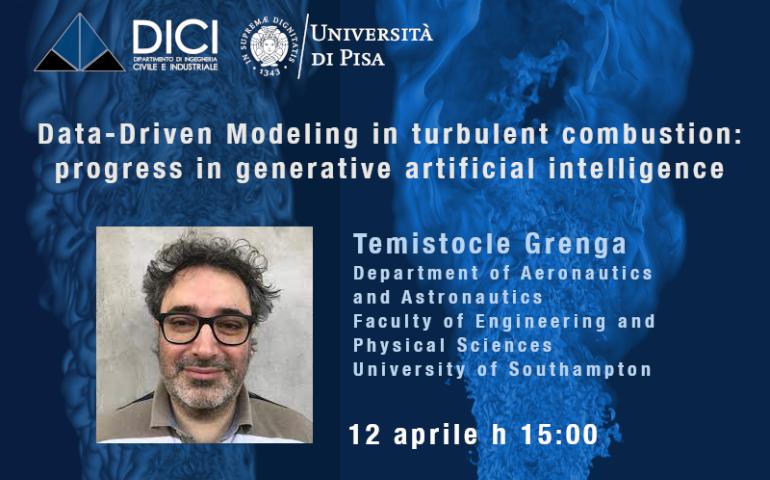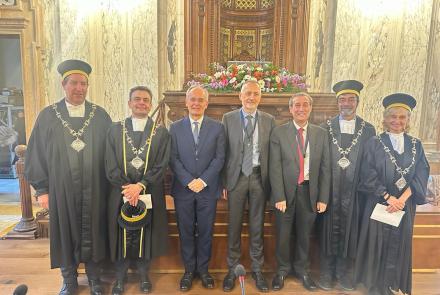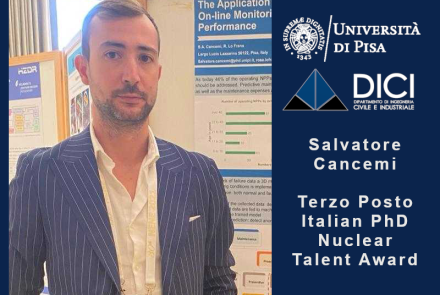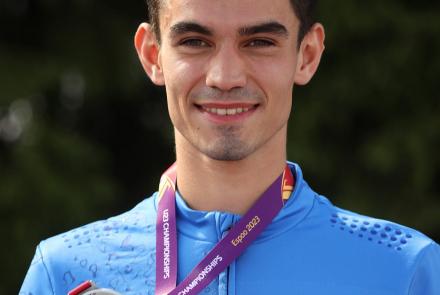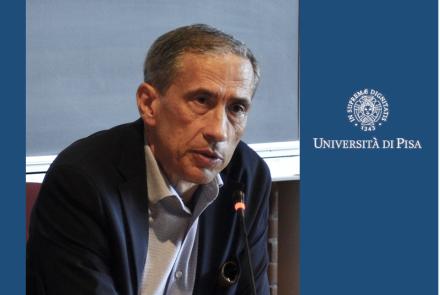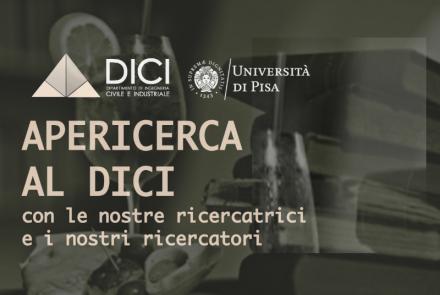12 aprile 2024 h 15:00
Aula Magna Pacinotti
Scuola di Ingegneria Pisa
Abstract
Models of turbulent combustion have the role of representing the complex interaction between strong non-linear physical phenomena that interact on a wide range of temporal and spatial scales.
Additionally, they need to have the capability to model a variety of fuel blends, from hydrocarbon to biofuels or synthetic energy carriers, with different combustion properties.
However, the availability of massive databases and progress in computer hardware and software open new possibilities for creating innovative models. Data-driven models aim to find the complex non-linear relations between quantities characterizing turbulence and combustion phenomena.
They offer the potential for predictive simulations, crucial for designing innovative energy systems.
Among various methodologies proposed, generative adversarial networks (GANs) stand out as a promising option for accurately generating high-frequency and small-scale features. Notably, the inclusion of a discriminator enables the unsupervised training, and to outperform the performance of supervised super-resolution deep convolutional neural networks. This capability enhances the network's proficiency in reconstructing small-scale gradients, turbulence intermittency, and velocity-gradient probability density functions, demonstrating effectiveness both in-sample and out-of-sample cases.
Short Bio
Prof. Temistocle Grenga is a Lecturer in Computational Fluid Dynamics for Aerospace at the University of Southampton since February 2023. He is an expert in numerical simulation of turbulent reacting flows and data-driven modeling. He received a M.Sc. in Aeronautical Engineering at the Sapienza University of Rome (Italy) in 2009, a M.Sc. in Mechanical Engineering at the University of Notre Dame (USA) in 2013, and a Ph.D. in Aerospace and Mechanical Engineering at the same University in 2015. He was Postdoctoral Research Associate at Princeton University (USA) from September 2015 to August 2018, and at RWTH Aachen (Germany) from September 2018 to January 2023, where he was also the Leader of the Multiphase Group and the HPC Group. He published more than 80 papers in international journals and conference proceedings. He supervised several PhD students in his former position at RWTH Aachen (Germany) investigating Machine Learning modeling of turbulent flows, conservative numerical method for interface tracking, HPC GPU-based library for chemistry in CFD, and reduced order modeling of multiphase flows. He was invited as a lecturer on Machine Learning applications for fluid dynamics and combustion in several European schools for Ph.D. students (e.g.: PRACE Advanced Training Center, ERCOFTAC, South-East Europe Combustion Spring School 2022, Combustion Autumn School 2022).

